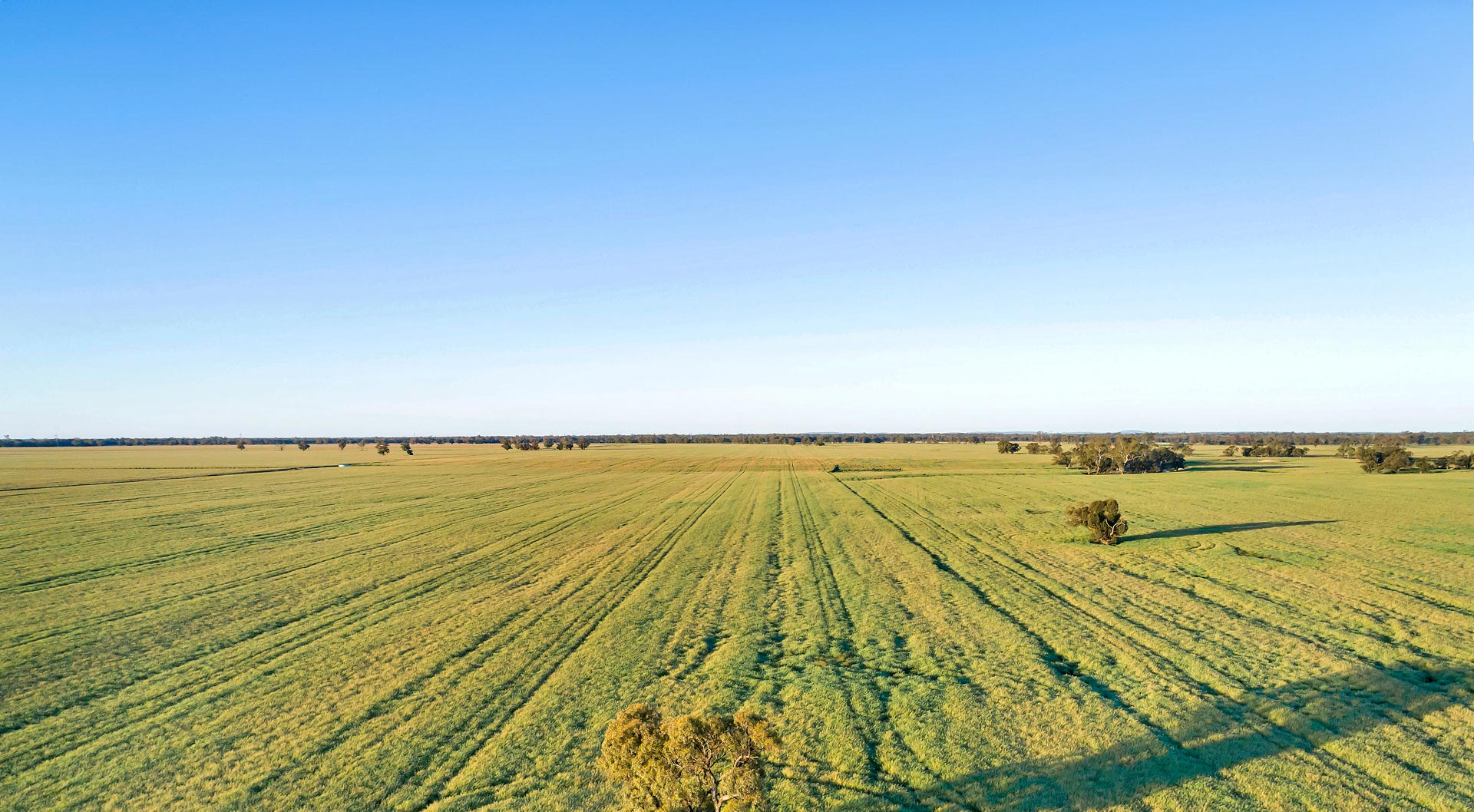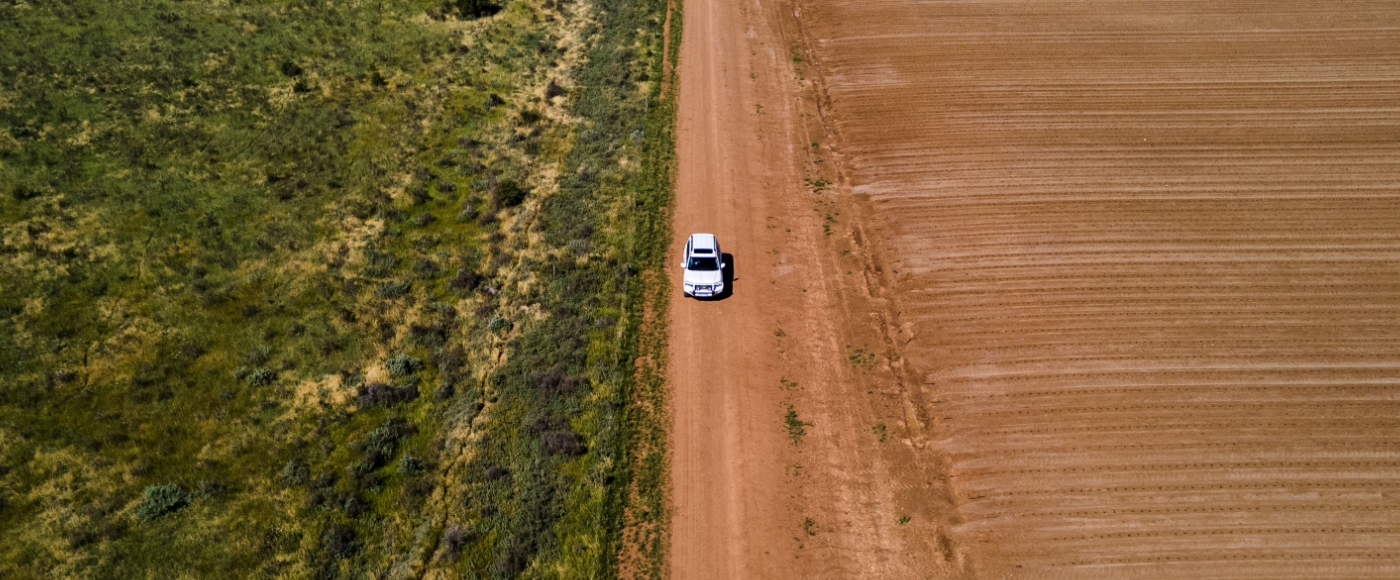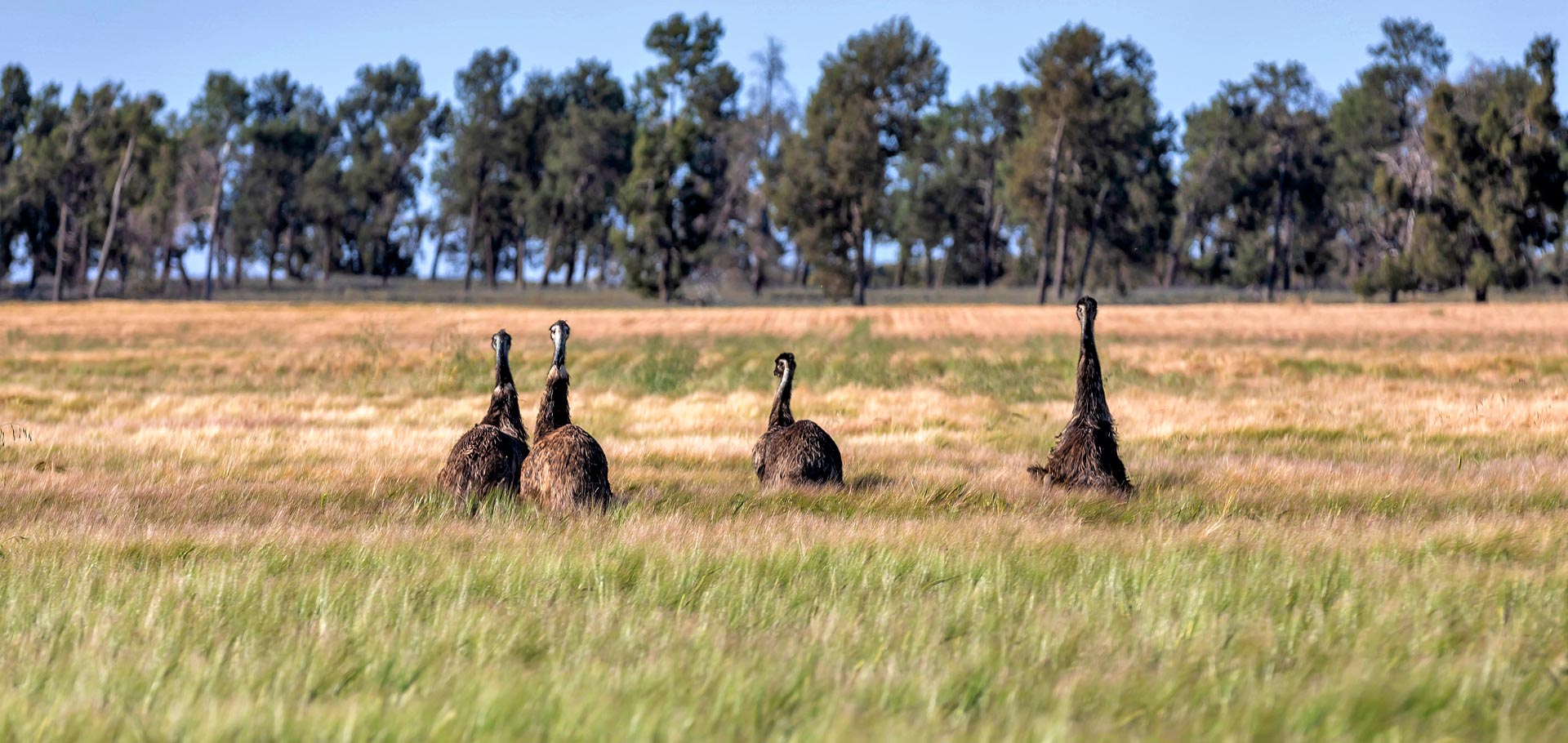
Close

brought into no-till farming
of bio-conservation set aside
soil pits dug to inform soil regeneration strategies
of irrigation drip tube installed
tube and tape recycled
treated pine posts repurposed
wire recycled
rubber tyres recycled
concrete recycled
*current and realised

We implement no-till farming practices in order to promote soil carbon, enhance soil structure and increase the overall efficiency and sustainability of our farming systems.
We seek to avoid burning crop residues in order to conserve carbon and nutrients and improve soil biology.
Significant investments have been made to improve soil health and productivity across our properties. We carry out extensive soil surveying to inform ongoing soil amelioration strategies.
Our systems use highly efficient irrigation technologies, including subsoil drip irrigation. We also capture and reuse drainage water on-farm.


We maintain a conservation covenant to provide habitat for endangered plains-wanderer bird species
We actively manage feral animal populations including feral goats in order to in order to promote remnent vegetation regrowth and to optimise crop production.
Our groundwater extraction is regulated and recorded to ensure sustainable aquifer recharge.
Once complete, we will be able to identify areas for improvement, enhance operational efficiencies and ultimately reduce our carbon footprint.
Our best-practice farming approach naturally supports reduced emissions, through: